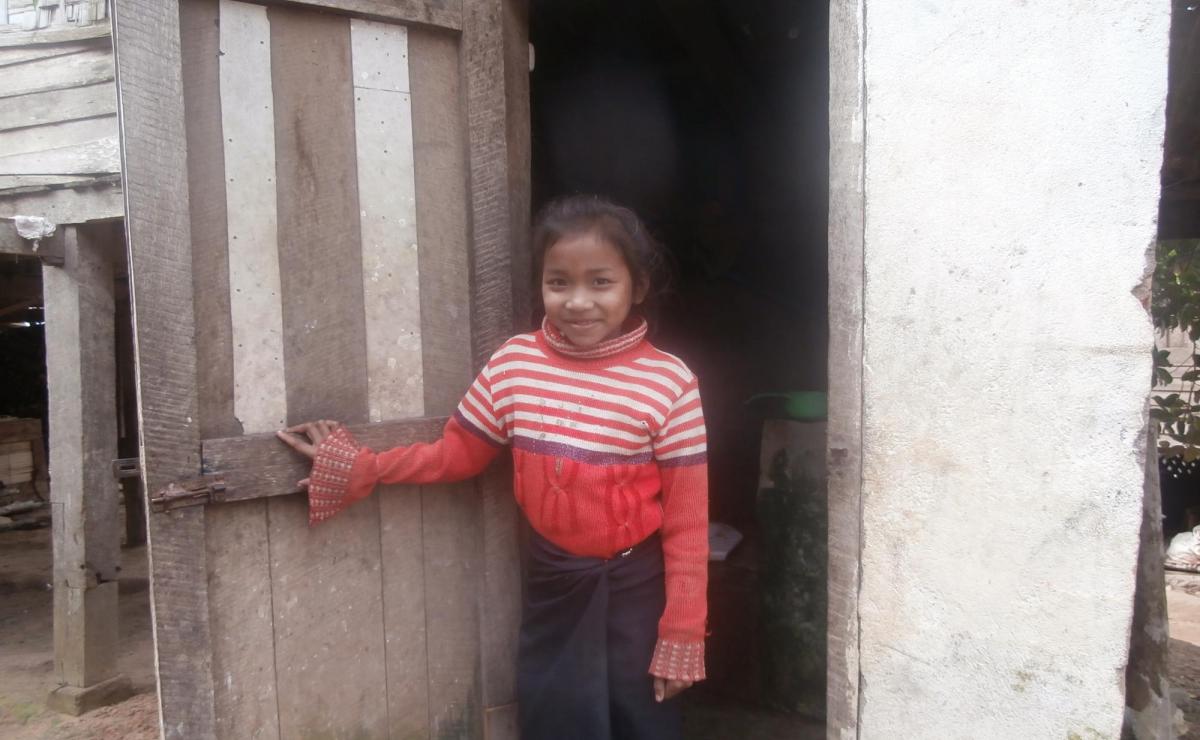Campaigns to Improve Hygience Practices

NamO village is one of poor villages in Vieng Phoukha district, Luang Namtha province. It locates 8 km away from district municipality with 178 families, 814 people, 417 female. Majority of them is Khmu. They mainly earn their living naturally from upland and paddy rice farming, and animal husbandry.
Mr Chanhkham Vilay, a village head said that ‘‘Before the project begin, villagers lived their lives habitually and naturally based with poor hygiene practice, ate uncooked food. Most of them drank unboil water, lack of latrine and practiced open defecation as a result people suffered different sickness and seasonal diseases such as diarrhea, dengue, malaria”. He realizes positive changes since 2012, LWF Laos has been operating Right Based Empowerment Project (RBEP) in the village with integrated activities response to people needs and address critical issues in community such as strengthen capacity of village authority, improve access to education, health facility and services through various trainings, improve basic infrastructure and support environmental protection.
A part from what he mentioned above. He expressed satisfaction about Community Led Total Sanitation (CLTS) process that “It’s a simply process for him and his neighbors to understand a lot about health issues and ways to address it locally and affordable. He realizes that using toilet can safe people health from harmful effected diseases and unnecessary family expense”
Mr Senglong, a Village Health Volunteer (VHV) who participates in the project implementation. He was trained and facilitated numbers of hygiene promotion campaigns in the village, had excitingly told us about people behavior change in the village that ‘‘People turn to drink boiled water, cook food for their meals, move out animal stalls under their houses, clean housing compound and clothes. We now have 110 latrines before we only had 42 latrines in the whole village. These are many good changes happened compared to the past’’. Mr Senglong also showed us deceasing number of patient that he regularly records.
Ms Keo, head of village women union said that she is happy that LWF helps poor families to have more skill to earn their living, it helps to reduce poverty of poor household. Many activities directly empowered women who are vulnerable in most situations in many communities to be able to realize their rights and access to women protection laws. Ms Keo believes that having this kind of support, the village women will be further developed their knowledge and skill to become empowered and take more place in village management position.

